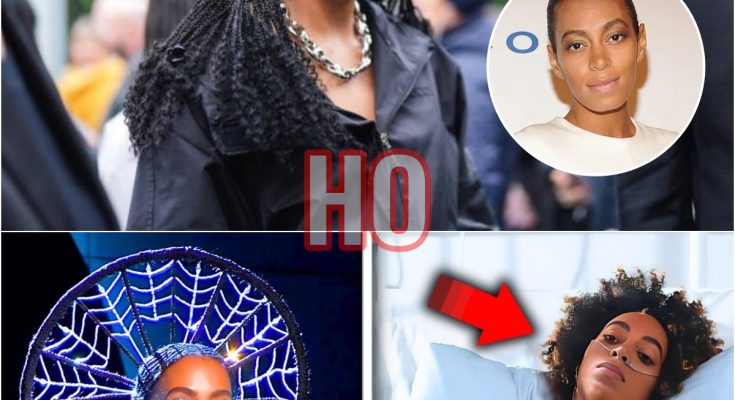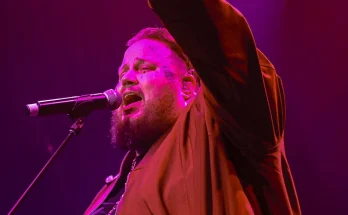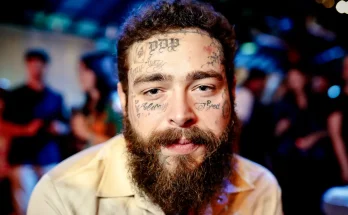So it looks like all the African witchcraft that our girl Solange has been getting herself mixed with is catching up with her because she just revealed that she is currently suffering with multiple chronic illnesses and people believe it’s her karma for the v0d00 stuff she’s been messing with these last few years.
In fact, just a few years ago, a woman accused Solange of being a witch and claimed that it is something that the entire family, including Beyonce and Ms.Tina have been doing for years to empower their spirit and get away with the alleged despicable things they do.
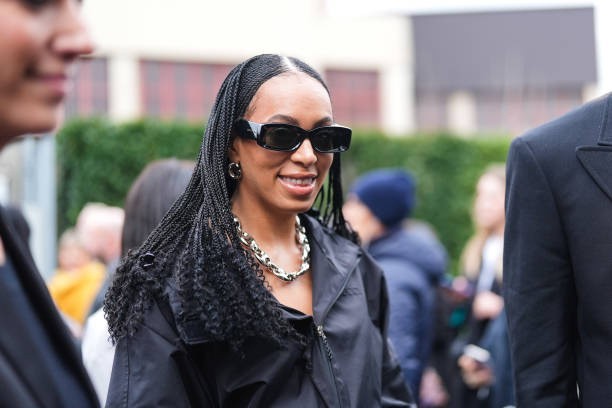
There has been a storm of speculation online about Solange Knowles, especially as she recently disclosed her struggles with several chronic illnesses. Some individuals have controversially linked her health struggles to alleged practices of African spirituality and witchcraft, suggesting that she may be facing “karma” for these supposed activities.
The reactions, especially on social media, reflect a mix of curiosity, judgment, support, and even thinly veiled accusations, with fans and critics alike debating the possible reasons behind her condition and her connection to various cultural practices.
In late 2023, Solange left a comment on an Instagram post by model Shaun Ross, who shared his experience with lingering health challenges from COVID-19. Solange’s reply revealed that she had been diagnosed in 2018 with multiple chronic illnesses, including Postural Orthostatic Tachycardia Syndrome (POTS), Sjögren’s Syndrome, and Mast Cell Activation Syndrome (MCAS).
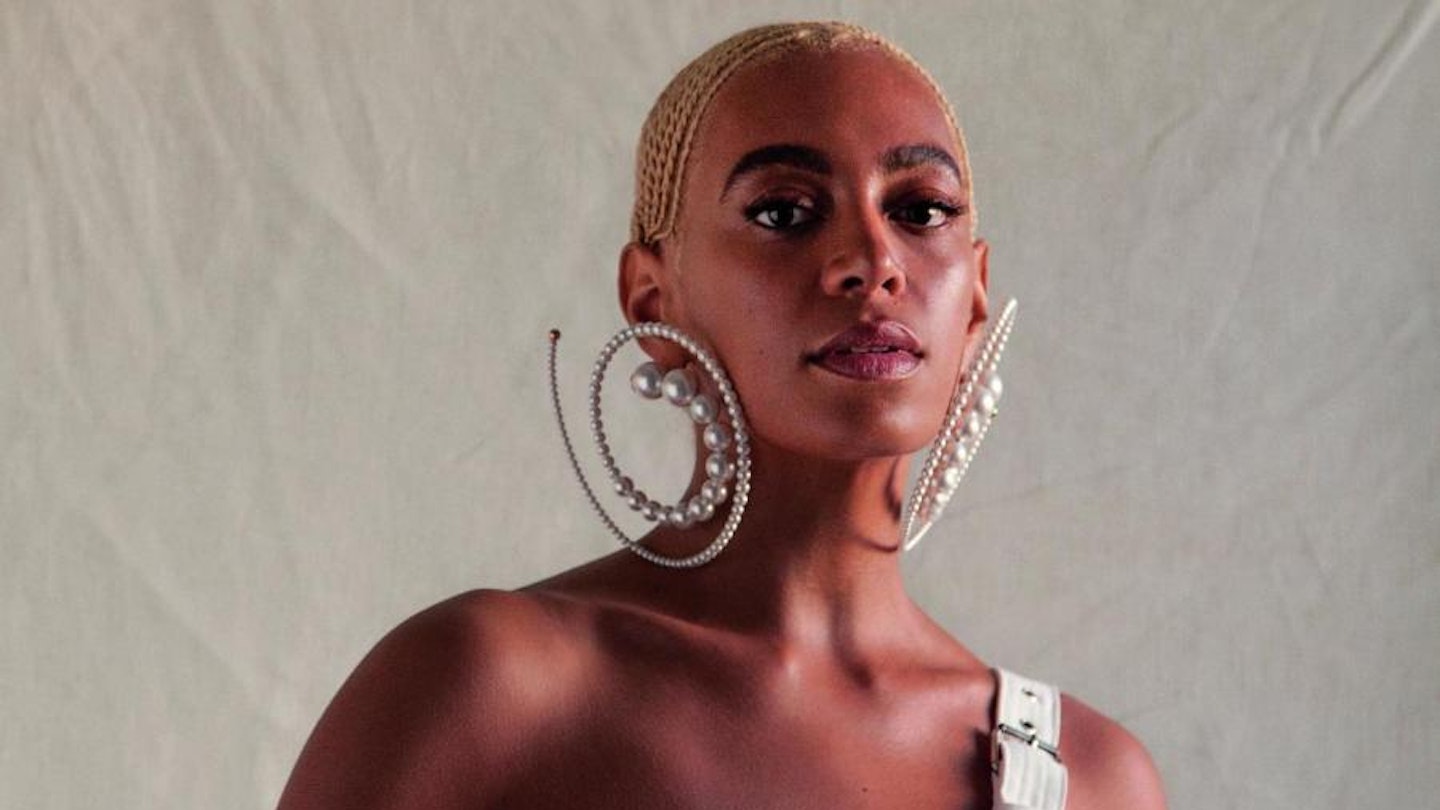
Each of these conditions poses significant challenges: POTS can cause abnormally fast heart rates upon standing, Sjögren’s Syndrome often leads to dryness in the eyes and mouth due to its effects on the body’s moisture-producing glands, and MCAS results in recurrent allergic reactions. Her message under Ross’s post seemed intended to provide empathy and solidarity for those with chronic illnesses, yet it sparked an intense and divided public reaction.
The basis of the accusations against Solange stretches back a few years. In 2017, she canceled her Afropunk performance in South Africa due to an undisclosed health emergency. This cancellation led some fans to speculate about her condition, with some questioning if her involvement in New Orleans spiritual practices could be influencing her health.
Although Solange did not specify the exact cause at that time, she indicated she was managing an “autonomic disorder” and faced restrictions from her doctors regarding travel and performance. The lack of concrete details around her illness opened the door for speculation, especially among those familiar with her spiritual and creative ties to New Orleans, a city known for its unique cultural heritage, including African and Voodoo influences.
In 2021, Solange added fuel to the rumors when she made a post hinting at a deep, possibly transformative spiritual experience. She referred to her health battles and described an encounter that she interpreted as a sign from a higher power, leading her to commit to “step into the light.”
Though vague, her words stirred further interest, as she seemed to suggest that her spiritual practices had been both a source of strength and a possible challenge to her physical and emotional wellbeing.

A few years earlier, Solange had shared images online that some interpreted as altars or dedications, a common feature in various spiritual traditions. In 2018, she attended the Met Gala with a bottle of Florida water, a product associated with cleansing rituals and often linked to Voodoo or spiritual practices in New Orleans. While some saw this as a harmless expression of her identity, others latched onto it as “evidence” of alleged witchcraft or occult practices.
On social media, some individuals have voiced criticism and suspicion, claiming that Solange’s current health struggles could be “karma” for engaging in witchcraft. Such ideas stem from a longstanding misunderstanding and stereotyping of African-derived spiritual practices, which are often wrongly depicted as dark or harmful. Many online commentators have rushed to judgments, assuming that her health struggles are a direct consequence of “dark magic,” feeding into stereotypical portrayals of Voodoo as inherently malevolent.
However, Solange has many defenders who have pointed out the unfairness and cultural insensitivity of linking her health conditions to her beliefs or practices. Critics of this perspective argue that autoimmune diseases and chronic health issues are common and can affect anyone, regardless of their religious or spiritual practices. In this view, linking her illness to her heritage or beliefs reflects a misunderstanding of both medical science and African spiritual traditions.
It’s essential to understand that spiritual practices associated with New Orleans and other African diasporic communities, like Voodoo, are rich in history and ritual, encompassing a range of beliefs that can provide a sense of identity, healing, and community. Practitioners view these beliefs as honoring ancestry, the elements, and sacred deities, a practice that is not inherently harmful. Connecting Solange’s health to these traditions diminishes the legitimacy of these practices and reinforces negative stereotypes about African spirituality.
As Solange has shared publicly, living with chronic illness often requires immense resilience and support, something many people can empathize with regardless of their belief systems. Chronic illness, especially when autoimmune, is typically managed with complex treatment and a multifaceted approach that includes both medical and emotional support. For Solange, speaking out about her illness was an act of transparency and solidarity with others who suffer from similar conditions, not an invitation for her health to be sensationalized or misinterpreted.
It’s worth noting that discussions about spirituality and health are deeply personal, and projecting assumptions or judgments about someone’s lifestyle based on their heritage or faith can be profoundly unfair. Chronic illness does not discriminate, and many people, including those in the public eye, grapple with these challenges daily. Instead of assuming that spirituality or “karma” is involved, a more empathetic response to Solange’s struggles could open a constructive dialogue around chronic illness, spirituality, and the support systems needed for those affected.
In the end, Solange’s experience highlights not only the complexities of living with chronic illness but also the public’s fascination with celebrity lives, particularly when they involve alternative or lesser-understood spiritual practices. While the rumors and discussions may persist, it’s clear that Solange has a community of supporters who respect her journey and are willing to see beyond the sensationalism. As conversations around her health continue, it may provide an opportunity for greater understanding and compassion, both for her and for others navigating similar paths.
